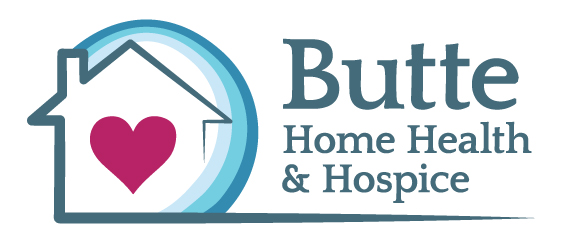Many people have misconceptions about what hospice care is and is not. Hospice provides specialized care that addresses the unique needs of a patient facing the end of life. The focus is on caring, not curing.
Hospice professionals are skilled not only in controlling the pain and symptoms related to a life-limiting illness, but also in providing the comfort and support to ensure the highest quality of life possible for both the patient and their family.
Myth: Hospice means giving up hope.
Fact: Hospice does not mean “giving up hope,” but can help people revise what they hope for. Hospice focuses on maximizing the quality of life based on an individual’s choices, so that the person may live life as fully as possible for as long as possible.
Myth: If a patient goes on hospice, the only outcome is death.
Fact: Some patients’ illnesses and symptoms subside to the point that they may be discharged from hospice care. They can then be re-admitted to hospice later when necessary.
Myth: You can’t keep your own doctor on hospice.
Fact: Most hospices establish working relationships with a large base of referring physicians so that patients can keep their own doctors even after admission to hospice care.
Myth: Hospice is only for cancer patients.
Fact: Hospice care is available to all terminally ill people and their families, regardless of diagnosis. Some of the most common non-cancer diagnoses are congestive heart failure, dementia, and chronic lung disease.
Myth: It is too early for hospice if the patient feels good or doesn’t have pain.
Fact: The patient’s prognosis, along with a desire for comfort care and support should justify a hospice referral.
Myth: Hospice is useful only when someone needs “heavy-duty” medications for pain and symptom control.
Fact: Hospice care is designed to maximize the quality, relationships, and experience at the end of one’s life. This is accomplished by the provision of not only medical care, but also social, psychosocial, and spiritual support given by an inter-disciplinary team that includes a hospice physician, nurse, counselor, chaplain, and other professionals.
Myth: Hospice provides 24-hour, around the clock care.
Fact: Hospice care is based upon intermittent visits, but is available 24 hours a day, seven days a week for supervision and support. Hospice can help the family arrange for 24-hour care by a private duty attendant if necessary.
Myth: You must have a DNR to be admitted onto hospice services.
Fact: While the DNR (“Do Not Resuscitate”) can be a useful tool for loved ones making difficult decisions, it is not a required document for admission to hospice.
Myth: All hospice is the same.
Fact: Even in the same community, hospices may vary markedly especially in the kinds of palliative treatment (care aimed at the comfort of the patient) patients can receive and the range of support services. Non-profit, community-based organizations often have more qualified staff, 24/7 availability, and more services for patients and families.
Myth: Hospice is only for the sick family member.
Fact: Hospice is designed to support all family members during the illness, in terms of emotional needs and the education they may need to best care for their loved one at home. Hospice also offers bereavement support after the death of the loved one.
Myth: Hospice is a place, so you must leave home to receive hospice.
Fact: Most hospice care is delivered in the home, though inpatient care is generally available (in nursing homes and residential care facilities) to serve those with no at-home caregiver, and those whose care is overwhelming to families.
Myth: Hospice is expensive.
Fact: In general, hospice costs less than a hospital or nursing home and saves significant money for Medicare. Out-of-pocket costs for the patient are minimal, if any at all. Many hospices won’t turn a patient away because of inability to pay.
Myth: Medicare provides only six months of hospice care, so enrollment should be delayed as long as possible.
Fact: Medicare does not time-limit the hospice benefit. Patients may enroll in hospice as soon as their physician and the hospice medical director determine that the illness is terminal, with an estimated life-expectancy of six months or less. This requirement does not exist for non-Medicare and non-MediCal patients. Medicare allows hospice to provide care for as long as necessary for terminally ill patients, provided that certain medical criteria continue to be met, and the patient still desires hospice care.
For more information, we recommend the following:
Seven Signs It Might Be Time to Talk to Your Loved One About Hospice







